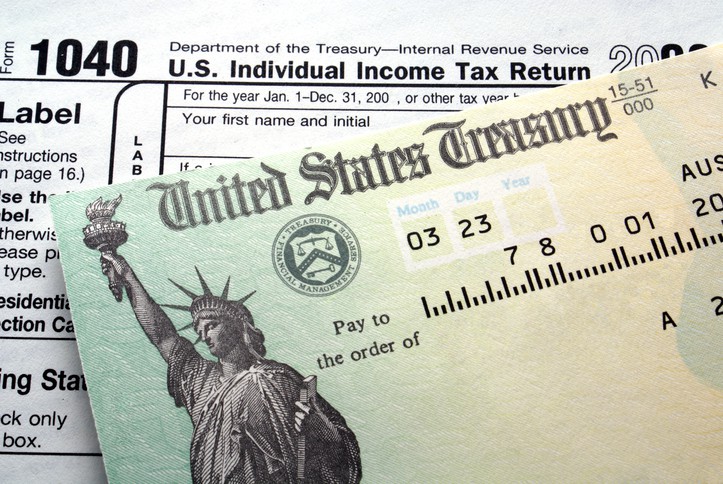House Democrats Drop Deregulatory Push over Union Opposition

 The House of Representatives passed legislation Thursday to modestly reform $670 billion Paycheck Protection Program (PPP), scrapping the much broader reform of the PPP program the Democrat-led body had proposed just a week ago. For a brief moment, the Democrats were the pro-business, deregulatory party. That ended when their union allies told them to cut that out.
The House of Representatives passed legislation Thursday to modestly reform $670 billion Paycheck Protection Program (PPP), scrapping the much broader reform of the PPP program the Democrat-led body had proposed just a week ago. For a brief moment, the Democrats were the pro-business, deregulatory party. That ended when their union allies told them to cut that out.
The House voted 417-1 to require that 60 percent of PPP business loans go toward retaining the company’s employees in order for the Treasury Department to forgive the loans. That’s down from the current requirement of 75 percent. Just last week, however, the House was poised to eliminate the requirement entirely.
The business community has pleaded for relief. Employers have argued that PPP loans are of little use since most funds couldn’t go towards paying rent, utilities, vendors or other urgent concerns. It’s hard to retain workers if you cannot stay in business in the first place.
House Democrats had actually listened and responded. Then a coalition of major unions urged them, in a letter Tuesday, to stop doing that. “[T]he elimination of the 75% rule would turn a program intended to stabilize small businesses and encourage worker retention into a slush fund,” said UNITE HERE President D. Taylor, in a letter cosigned by the heads of the United Food and Commercial Workers, the Communications Workers of America, and the United Steelworkers, among others.
What appeared to really upset Taylor was not that the requirement was rolled back but that the Democrats did not extract some concession from the Republicans in the process.
“Ask yourself: what are we getting in return for giving up on job retention in the PPP? Answer: not much. American workers are being starved back to work while the system is once again tilted to those who stand the most to gain at the expense of the rest of us,” he wrote.
The House Democrats subsequently adopted the much more modest 60 percent reform. Whether that is enough to address business’ concerns is unclear. It is hard to say how much impact Taylor’s letter had in effecting this change, but the timing suggests it was at least partly responsible.
The irony in all this is that the Republicans are taking the pro-union position on this particular issue. The Senate version of the relief legislation kept the 75 percent requirement and Treasury Secretary Steve Mnuchin said the White House wanted to keep it as well.
Not that the GOP gets any credit on this from Taylor. “We cannot sit idly by as Trump and the GOP use this crisis as an excuse to strip away every gain the labor movement and progressives have fought for and won over many years of struggle,” he wrote.
The further irony is that it’s not clear if the 60 percent reform will be adopted by the Senate. Taylor may yet get the 75 percent requirement maintained.